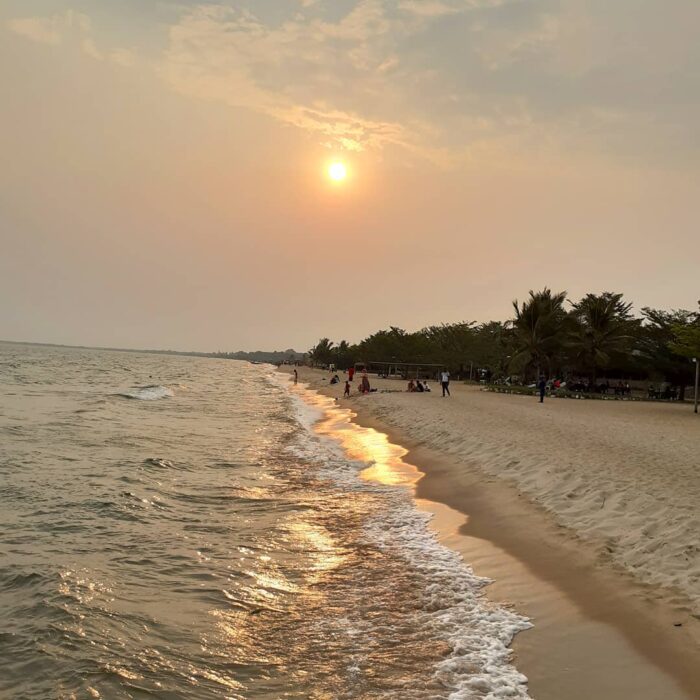Burundi is privileged to share the waters of Lake Tanganyika, one of Africa's largest and most fascinating lakes. A true natural wonder, the lake presents both tourism and economic opportunities, but also poses major challenges for its preservation.
An exceptional geological formation
Lake Tanganyika is part of the Albertine Rift, the western branch of the Great East African Rift. It is one of the oldest lakes in the world, dating back several million years. It is distinguished by several remarkable features:
- Depth : With a maximum depth of 1,470 metres, it is the second deepest in the world after Siberia's Lake Baikal.
- Volume : It is an immense reservoir of fresh water, holding around 16% of the world's supply.
- Length : Stretching over 677 km, it is the longest freshwater lake in Africa.
A unique and precious biodiversity
Lake Tanganyika is home to an exceptional and abundant ecosystem, with hundreds of endemic species.
- Fish species : The lake's waters are home to over 300 species of fish, of which some 95% are endemic. These include the flamboyantly colored cichlids so prized by aquarists.
- Varied fauna : In addition to fish, Lake Tanganyika supports a varied fauna with hippos, crocodiles, otters, turtles and many species of aquatic birds.
A vital resource for Burundi
Lake Tanganyika plays a fundamental role for Burundi's lakeside communities:
- Fishing: Fishing is a major source of protein and income. Mostly artisanal, fishing on the lake supports thousands of families.
- Transport : The lake is an essential communication route in the region, enabling the transport of people and goods between Burundi and neighboring countries.
- Irrigation : The lake water is used for agricultural irrigation, contributing to food production.
Environmental threats and challenges
The ecological health of Lake Tanganyika is under increasing threat:
- Pollution : Sewage and domestic, industrial and agricultural waste find their way into the lake, affecting water quality and the balance of the ecosystem.
- Sedimentation : Soil erosion and deforestation around the lake are leading to increased sedimentation, affecting fish habitats and spawning grounds.
- Overexploitation : Overfishing and unsustainable fishing practices are endangering the viability of fish stocks.
- Climate change : Rising temperatures and changing rainfall patterns could disrupt the lake's ecological dynamics.
Actions to preserve the lake
Concerted efforts are essential to protect Lake Tanganyika and the heritage it represents for Burundi and the whole region. Here are a few suggestions:
- Wastewater treatment : Invest in treatment and sanitation infrastructure.
- Sustainable agricultural practices : Promote environmentally-friendly farming practices, limiting erosion and the use of chemical products.
- Fishing regulations : Strengthen regulations, fishing seasons, establish protected areas.
- Raising awareness : Educate the public about the importance of the lake's biodiversity and ecosystems, and encourage eco-responsible behavior.


No Title
She said thank you. But as soon as we go to Burundi, he comes to Burundi for a presentation. Cinema, what are the countries? What are the golden lakes? Burundi, what are the. I don't know yet, but that's the way it is. SheI said, what have I got?
No Title
She said thank you. But as soon as we go to Burundi, he comes to Burundi for a presentation. Cinema, what are the countries? What are the golden lakes? Burundi, what are the. I don't know yet, but that's the way it is. SheI said, what have I got?